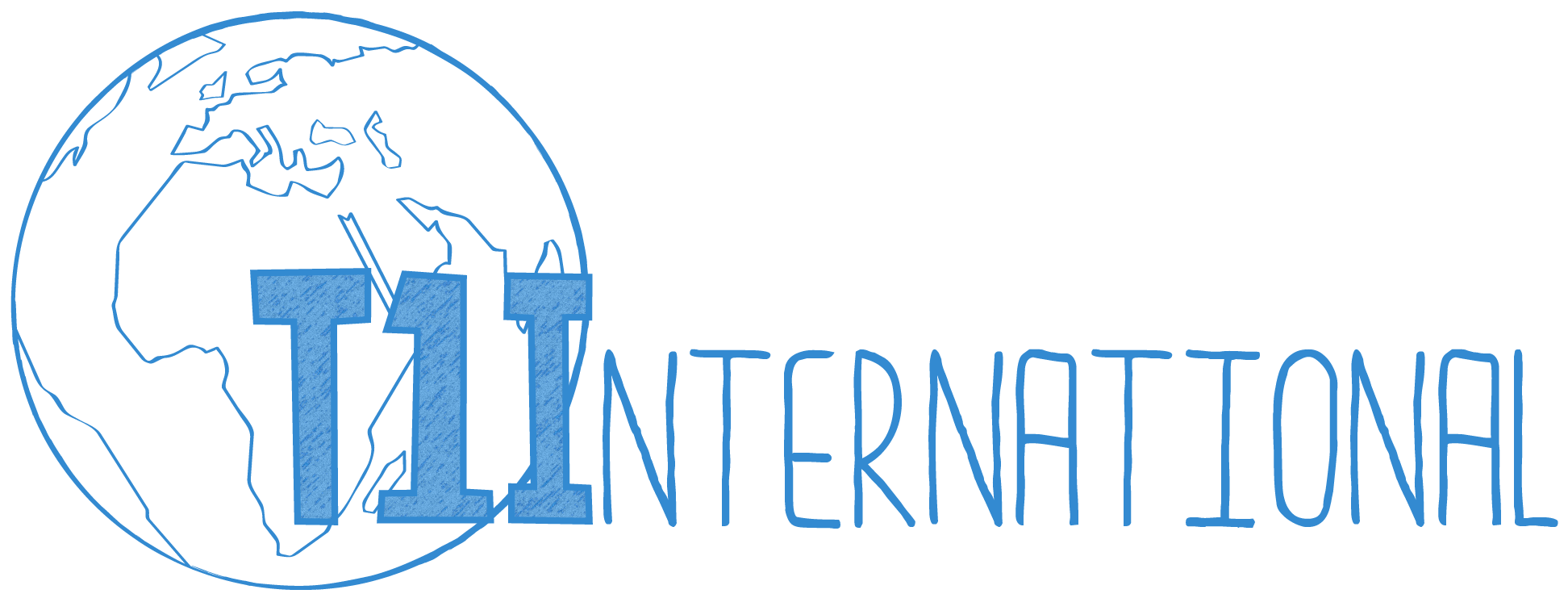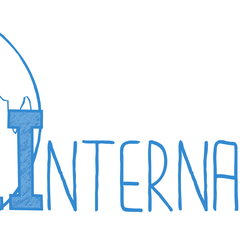T1International Submission: WHO Independent Global High-Level Commission on NCDs
27 Feb 2018, 11:40 a.m. in News & Statements by T1International
Dear WHO Independent Global High-Level Commission on NCDs:
With insulin, a person with type 1 diabetes can become the Prime Minister of a G8 nation, such as Theresa May. Without insulin, that same person will die a painful death in a matter of days. Despite insulin being used for almost 100 years, insulin is still unavailable and unaffordable for millions worldwide. Thus, an essential step towards universal health care is increasing access to insulin and other diabetes supplies and care. Sustainable access to medicines will uphold human dignity and ensure life for millions with diabetes worldwide. We hope that under your leadership and guidance, the World Health Organization will dedicate additional attention and resources to one of the world’s major growing health concerns.[1]
Insulin: Often Out of Reach
Sadly, insulin remains out of reach for one of every two people in need.[2] People around the world – increasingly in high-income countries – are dying because insulin, and the supplies and education necessary to manage diabetes, is out of reach.
- Only three pharmaceutical companies control over 90% of the global insulin market; often there is only one supplier per country, creating supply vulnerabilities and local monopolies[3]
- Insulin’s cost, as well as other diabetes supplies, is often much greater than per-capita incomes[4]
- Competing global health priorities divert attention[5]
- Skills, training and providers needed for diabetes care is often unavailable in low and middle income contexts
- Supply shortages and stock outs, especially during humanitarian emergencies, are frequent and too often a death sentence
Diabetes Hurts the Most Vulnerable
Diabetes and insulin inaccessibility hurt the most vulnerable and economically disadvantaged. Women with diabetes are often subjected to stigma and discrimination, being passed over for marriage by people who believe they cannot have children or who do not want to pay for their treatment costs. Girls with diabetes are often abandoned, as families tend to invest more in boys, creating a double burden when girls are diagnosed with diabetes. Children are subjected to religious based or herbal treatments, with often fatal results. Refugees with type 1 diabetes, or those in the midst of war, conflict, or natural disasters are particularly vulnerable.[6] Most do not survive.
Solutions to Consider:
- Fund peer education and anti-stigmatization/ normalization campaigns [7]
- Support the development of diabetes registries, particularly in low-income countries, to understand the scope of the problem and find the best solutions to address it
- Include insulin and diabetes supplies in emergency kits of UN agencies
- Bring the price of insulin and essential supplies down using methods similar to those used to enable widespread ART treatment in HIV/AIDS
- Engage humanitarian and development organizations, specifically patient-centered advocacy organizations
We applaud the Commission’s aim to propose bold and practical ways to curb the world’s leading causes of death and illness, and we are in complete agreement with the WHO’s support for universal health care. Patients and organizations supporting #insulin4all are eager to assist you and the staff at the World Health Organization. We are ready to work with you to pursue an innovative yet pragmatic health for all agenda that includes access to insulin and diabetes supplies.
Respectfully yours,


[1] Quigley, F. Making Insulin Affordable https://www.foreignaffairs.com/articles/world/2017-03-13/making-insulin-affordable
[2] ACCISS Fact Sheet http://haiweb.org/wp-content/uploads/2015/11/ACCISS-Fact-Sheet-1-Inequalities-in-Insulin-Market.pdf
[3] Knox, R. T1International - What is Needed to Improve Affordability of Insulin? https://www.t1international.com/blog/2015/12/16/how-do-we-improve-affordability-insulin/
[4] T1International Insulin and Supply Survey https://www.t1international.com/insulin-and-supply-survey/
[5] Elliott, J. T1International - An Interview with Professor Jean-Claude Mbanya https://www.t1international.com/blog/2017/04/04/interview-professor-jean-claude-mbanya/
[6] Rowley, E. T1International - What Happens to Diabetics During a Humanitarian Crisis? https://www.t1international.com/blog/2016/06/15/what-happens-diabetics-during-humanitarian-crisis/
[7] Debussche X, et al Structured peer-led diabetes self-management and support in a low-income country: The ST2EP randomised controlled trial in Mali. PLoS One. 2018 Jan 22;13(1):e0191262











